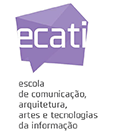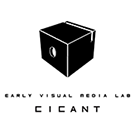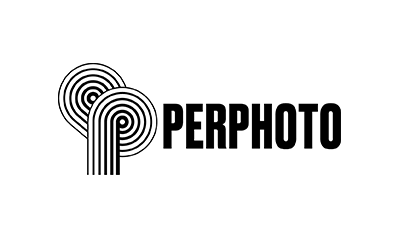Enlightenment machines: to the media archeology of agit-trains and steamboats (1918-1922) [EN]
Evguenii Kozlov
Agitational trains and steamboats, actively used during the civil war in the aftermath of the Russian Revolution, usually appear in the light of military or propaganda history. This paper considers these trains and boats as complex media apparatus combining new technologies of radio, gramophone and cinematograph along with more “classical” visual media such as lanterna magica and panorama, — media apparatus that the new regime would use to communicate with mostly rural audiences; brightly and thoroughly painted as if following horror vacui aesthetics, interiors of these “enlightenment machines” would offer its public a kaleidoscope of immersive experiences, which are close to what has became known in the new film history as cinema of attractions. On the other hand, this early project, in its theory and practice, was infused with taylorism-inspired discourses of rationalisation and disenchantment of the world, which, in conjunction with all these “magic” media, made this dispositive so ambivalent. As we uncover its media-archeological layers and look for the antecedents, unexpected constellation of phenomena become relevant: world-fairs’ attractions with its sophisticated technological wonders, projection tours with lanterna magica in the context of educational campaigns in villages, royal trains, landscape painting, travelling cinema and cabinets of curiosities. While taking into account that this “residual” (media) culture resurfaces in this highly ideological period in history, one revisits these peculiar vehicles as a part of the 19th century. By reversing historical perspective, we’ll assert the agency of the media by studying its unforeseen side-effects, as evident in cases where a political message gets evacuated by power of an attraction to fascinate or re-enchant its observers. This paper argues that these cultural phenomena are best understood along with Soviet campaigns of eradication of illiteracy as media pedagogy, where observers do not necessarily consume political content, but rather adopt new ways of seeing.
Evguenii Kozlov has a Bachelor degree in Art History and Archaeology (Paris Ouest Nanterre La Défense, Paris, 2011). Master degree in Theory of culture (Ruhr-Universität Bochum, Russian State University for Humanities Moscow, 2016). He is currently preparing a PhD candidature with research project on media archeology of optical telegraph in Europe in the first half of the 19th century.
Organization


Partners





Campo Grande, 376, 1749 - 024 Lisboa | Tel.: 217 515 500 | Fax: 21 757 7006
Copyright © 2021 COFAC. Todos os direitos reservados. Gestão de conteúdos por Producao Multimédia
